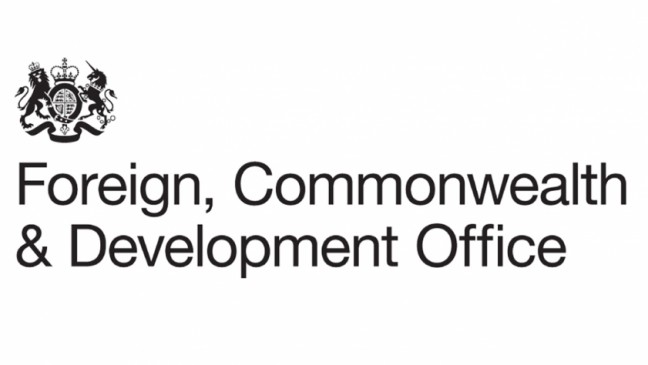The United Kingdom’s Foreign, Commonwealth and Development Office (FCDO Nigeria) Wednesday announced that due to the impact of COVID-19, which led to the reduction in its budget, it is unable to execute some development interventions already identified.
The FCDO Development Director, Dr Christopher Pycroft, who revealed this Wednesday in Kano during a strategic dialogue with the Kano State Government, however, added that this reduction in the aid budget does not mean a reduction in its commitment to development in Kano (as well as Kaduna and Jigawa States, the three partner states in Nigeria).
- Rainy days await soybean farmers as FG directs local production of soy sauce
- I never said I was jailed over struggle for emancipation of FCT people – Aduda
“This (COVID-19) has led to a reduction in our aid budget to 0.5% of GNI (gross national income) from the original 0.7%. This means that we are unable to carry out all the development interventions and programming we originally identified here in Kano,” he said.
He said the UK government wants to “See the value for money and want to see results for every Pound (GBP) spent” and to achieve this, “We want to shift our relationship away from unsustainable direct delivery and progress our partnership to long term institutional strengthening that will enable state governments to sustainably deliver services and reforms themselves.”
Pycroft also revealed that “Over the last seven years, from 2014/15 to 2020/21, we have spent a total of £130,947,940.00 in Kano State through our programme interventions; of which about £14,770,198.00 is projected spend for FY 2020/21.”
While expressing the UK’s delight to have supported Kano State through the SFTAS (States Fiscal Transparency, Accountability, and Sustainability) process and its implementation in the state, he promises the FCDO Nigeria’s re-commitment to support development strides every step of the way, through the Mutual Accountability Framework.
On his part, Kano State Governor, Umar Abdullahi Ganduje noted that funding for education was identified as a key problem and increasing the budgetary allocation was one of the steps taken to address it, noting that since 2015, the state has not missed a single contributory scheme in education.
He also explained that the state also created the Education Trust Fund, which is funded with 5% of the Internal Generated Revenue and 1% of the statutory allocation to the local government areas.

 Join Daily Trust WhatsApp Community For Quick Access To News and Happenings Around You.
Join Daily Trust WhatsApp Community For Quick Access To News and Happenings Around You.


